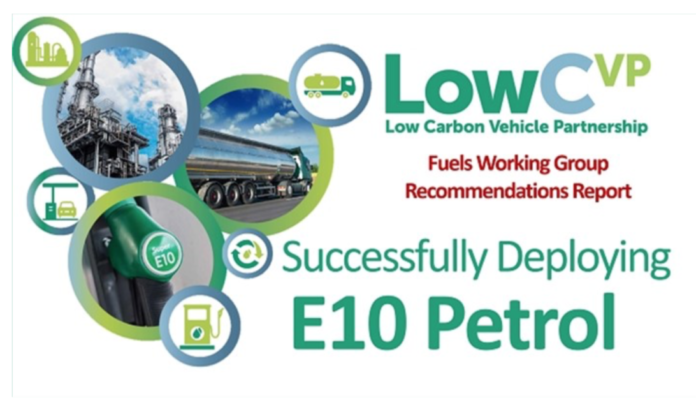A new guide from the Low Carbon Vehicle Partnership (LowCVP) for fleet operators shows how renewable fuels can immediately cut greenhouse gas emissions in road transport, particularly from commercial vehicles – for which few low emission solutions are currently available.
While the focus has been mainly on vehicle electrification for meeting the U.K.’s net-zero target as it applies to road transport, there are still major technical challenges to be overcome to electrify the commercial vehicle sector and, in particular, longer distance road freight.
Heavy goods vehicles (HGVs) currently produce around 15% of total road transport greenhouse gas emissions (GHGs), with a similar contribution coming from light-duty vans. Vehicles with long-haul duty cycles account for the largest portion of GHG emissions from HGVs.
The Renewable Fuels Guide, produced by LowCVP and Cenex, and supported by CNG Fuels and Scania, shows how the adoption of renewable fuels from sustainable feedstocks offers one of the most rapid and economically viable routes to lowering emissions for such vehicles, both new and those already in service.
“The next decade is going to be critical for mitigating road transport greenhouse gas emissions if we are to meet the 2050 net-zero target. Public and private sector fleet operators are under growing pressure to reduce the carbon footprint of their own activities and those of their suppliers,” says Gloria Esposito, head of projects at LowCVP.
“Renewable fuels can provide an immediate and cost-effective solution to achieving such savings, especially for HGV fleets,” she adds.
Renewable fuels are mandated for use under U.K. legislation and are now present in most road transport fuel sold. The Renewable Transport Fuel Obligation Order (RTFO, 2007) requires large U.K. retail fuel suppliers to ensure that a minimum of 9.75% (by energy) of the fuel they supply comes from renewable sources by 2020, and 12.4% by 2032.
The latest figures show that 4.9% of total road fuel supplied in the U.K. currently comes from these sources.
The RTFO requires renewable fuels to meet greenhouse gas emissions and sustainability standards to be eligible under the scheme. The most recent government statistics showed that U.K. renewable fuel supplied to the market achieved average greenhouse gas emissions savings of 78% compared to fossil fuels. Nearly 70% of such fuel supplied was from waste feedstocks.
To access LowCVP’s full media release on renewable fuel sources and the decarbonization of commercial fleets, click here.





